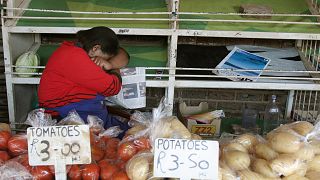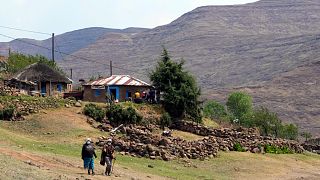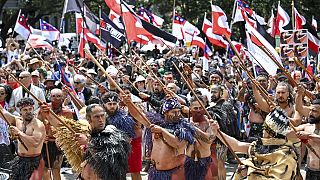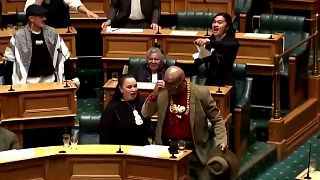New Zealand
The Trans-Pacific Partnership, TPP, has signed one of the biggest trade deals with its 12-member nations in Auckland, New Zealand on Thursday.
The deal would see the elimination of nearly all tariffs among the 12 countries. The aim is also to break down trade and investment barriers between countries which accounts for 40 percent of the global economy.
The TPP countries include the US, New Zealand, Canada, Chile, Japan, Malaysia,Vietnam, Singapore, Brunei, Australia, Peru and Mexico.
“What brings us together is a shared belief that opening and integrating our markets through trade and investment will enhance the prosperity of our peoples. TPP liberalizes trade and sets consistent rules to make it easier to do business across the region. TPP will create new trade opportunities, diversify export destinations and help firms do business overseas,” said John Key, New-Zealand Prime minister.
Andrew Robb, Australian Prime Minister, was the first to sign the deal.
Meanwhile, hundreds of protesters gathered outside the SkyCity Convention Centre, forcing police to block the entrance to the building. The protesters said the deal was ill-fated and lacked sovereignty.
New Zealand government estimates the overall benefit of the TPP will be at least $NZ2.7 billion ($A2.51 billion) a year by 2030. Member states will need to ratify the deal expected to come into effect after two years.













01:00
US and China sign trade deal, agreeing rare earth access and student visas for Chinese nationals
Go to video
Morocco to reassess Turkey trade deal amid swelling deficit
01:58
Latin American leaders urge unity amid U.S. trade and migration tensions
00:54
Britain and Egypt foreign ministers discuss trade and irregular migration
00:49
Putin to welcome Iranian president for strategic agreement signing
01:03
Enhancing trade relations: UAE and Kenya sign economic pact